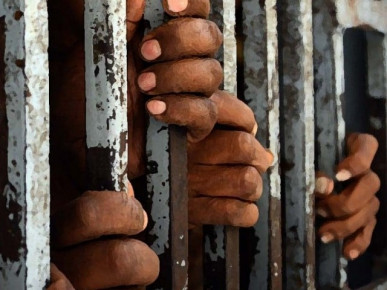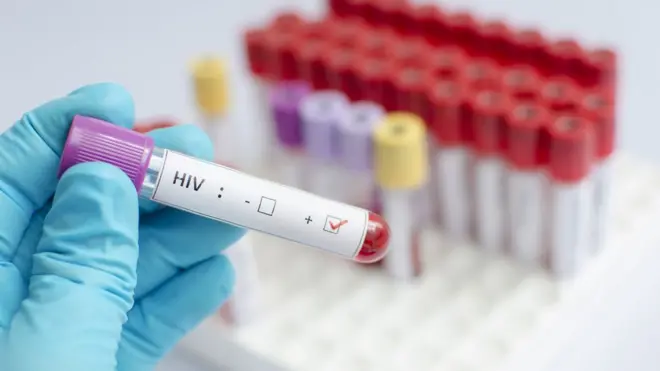HIV Cases in Adiala Jail Highlight Urgent Need for Prison Healthcare
When people hear about Rawalpindi’s Adiala Jail, overcrowding often comes to mind. What is less known is that the prison also has the highest number of HIV-positive inmates in Punjab, according to the Punjab AIDS Control Programme.
Recent figures reveal that 148 prisoners are living with HIV in a facility designed for fewer than 2,000 but currently housing more than 4,300 inmates. This situation highlights the importance of healthcare in closed institutions and the broader challenge of managing HIV in Pakistan.

Overcrowded prisons can easily become breeding grounds for infections, especially when health services are inadequate. Pakistan has a history of unsafe medical practices, such as the reuse of unsterile injections and poor blood safety measures. The 2019 Ratodero incident, where reused syringes infected hundreds of children, remains a tragic reminder of these risks. Risky behaviors, including syringe sharing among drug users and unprotected sex, also contribute to the spread of HIV both inside prisons and in the community.
Statistics paint a worrying picture. Around 40% of people who inject drugs in Pakistan are HIV-positive, with nearly three-quarters admitting to reusing syringes. While the national prevalence is officially low at 0.1%, UNAIDS estimates suggest that over 230,000 Pakistanis were living with HIV in 2022 — more than three times higher than in 2010.

Pakistan’s overall response to HIV has been inconsistent. Much of the work has been left to NGOs supported by international donors, while government engagement has remained limited. Specialized clinics are available, but their visibility often discourages people from visiting due to stigma. Only one-third of people living with HIV in Pakistan are receiving life-saving antiretroviral therapy. At the same time, prevention funding has declined, and global financial support is shrinking.
Although Pakistan has developed strategies on paper, progress on the ground remains slow. Provincial health departments often struggle to fully utilize available budgets, and many people living with HIV remain undiagnosed. In some areas, less than 25% of infected individuals even know their status.
Improving prison healthcare is not just about protecting inmates; it also protects communities when prisoners return to society. Authorities need to prioritize safe medical practices, invest in proper screening and treatment, and integrate HIV services into the broader healthcare system.
HIV is a challenge that requires sustained and coordinated action. With the right policies, strong implementation, and community awareness, Pakistan can slow down the spread of the virus and provide better care for those affected.

